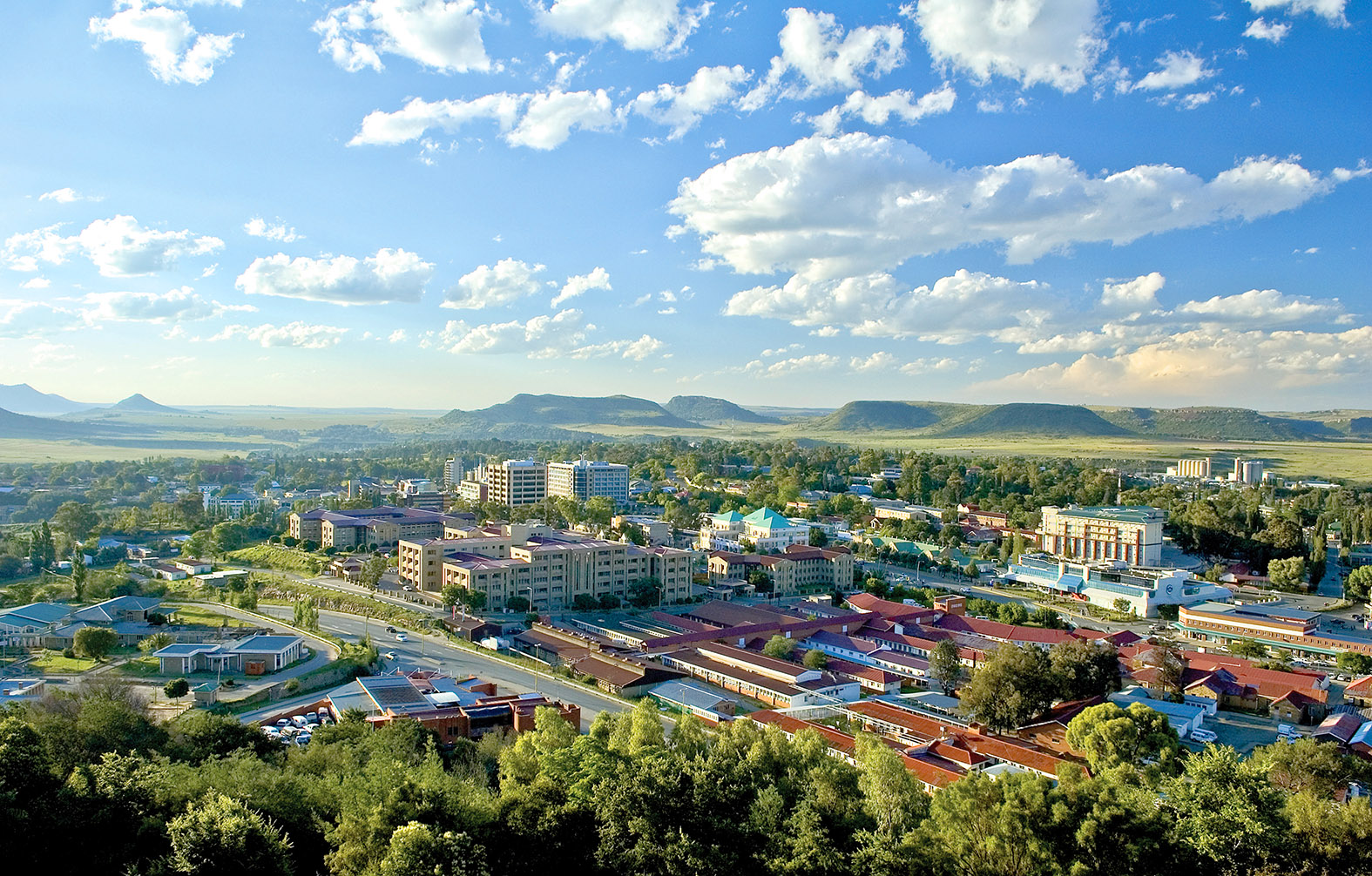As Lesotho celebrates the 200th anniversary of its founding, it presents investors with a stable, growing market rich in opportunities across tourism, agriculture, and renewable energy, backed by improved infrastructure and investor-friendly policies.
“The Bicentennial is a moment of national pride and reflection, celebrating the resilience of the Basotho people. We are commemorating it by investing in heritage and cultural projects that showcase our rich history.” H.E. Sam Matekane, Prime Minister of Lesotho
In 1824, King Moshoeshoe I laid the first stones of what would become Lesotho, a nation forged from his vision of unity and strength, where valleys and peaks became both home and refuge for the Basotho people. Now, two centuries on, the bicentennial is a solemn, vital pause—a chance to trace the long path they have walked, a path carved through resilience, wisdom, and an unbroken commitment to sovereignty.
As the “water tower” of Southern Africa, Lesotho holds the unique potential to become a Hydro Nation, with rivers flowing from its highlands offering an immense source of renewable energy. “Lesotho is in a position to establish a sustainable renewable energy and water economy,” says His Majesty King Letsie III of the Kingdom of Lesotho. “Our priority is to satisfy the deficit in our domestic energy demand and to export clean energy and high-quality water to the region. Our goal to fully meet the commitment of the Paris Accord well in advance of 2050 will be attained with the potential of Lesotho being among the first countries in Africa to be a fully carbon neutral electricity generator.”
The country has abundant highland water resources that feed major rivers like the Orange River. The Lesotho Highlands Water Project (LHWP), one of Af rica’s largest inf rastructure undertakings, exports vast amounts of water to South Africa, generating significant revenue for Lesotho while powering the nation’s hydroelectric energy production. “Lesotho has a competitive advantage of having an abundance of water because of the altitude of our location. There is a very high rainfall in the mountains. We also have wetlands, which we refer to as our natural dams,” says Tente Tente, CEO of the Lesotho Highlands Development Authority.
Loading...
Beyond its abundant water resources, the Southern African nation is known for its rich mineral deposits. “A 145-carat diamond is one of the nine large diamonds we discovered this year. The value of such a diamond can reach up to $40 million,” notes Motooane Thinyane, CEO of Letšeng Diamonds. Beyond diamonds, Lesotho holds untapped potential for other mineral resources, including clays, limestone, and coal, signaling opportunities for diversified mineral exploitation that could further support the nation’s economy.
>>>>>>>>>Download Report here<<<<<<<<

The nation has made remarkable progress in inf rastructure, with improved roads and communication networks that enhance connectivity and support economic activities. “We are upgrading our existing road network from 10,000 to over 15,000 kilometers, while changing our existing gravel roads to asphalt roads. On the aviation side, we’ve got an international airport which we plan to strategically grow from servicing flights between Lesotho and South Africa to feeding into a regional hub,” notes Hon. Neo Matjato Moteane, Minister of Public Works and Transport. In education, investments have fostered a more skilled workforce, while advancements in healthcare have strengthened the well-being of the population.
The monarchy of Lesotho plays a pivotal role in shaping the nation’s identity and governance, with King Letsie III serving as a symbol of continuity and unity. Complementing the monarchy is the Prime Minister, who guides the government and implements policies aimed at enhancing population welfare and economic growth with a robust financial sector. “Lesotho has a very strong financial sector in terms of balance sheets. We don’t have banks that can go under tomorrow. The regulator is very close to the banks, and banks are well capitalized and the liquidity is good,” notes Nkau Matete, Managing Director of Nedbank.
Investors should consider Lesotho for its strategic location within southern Af rica, granting easy access to the Southern Af rican Development Community market, while offering a politically stable environment that supports foreign direct investment. “Our tax regime, compared to our neighbors like South Africa, is much better because it’s 10% for manufacturing and 25% for normal tax. Investors can engage in setting up infrastructure for the tourism sector, such as resorts and high-altitude training centers for athletes,” says Hon. Mohlomi Moleko, Minister of Natural Resources. As it looks ahead, Lesotho stands at a crucial moment in its history, ready to embrace a future filled with promise while honoring the richness of its past.
Loading...
